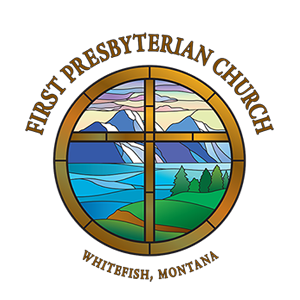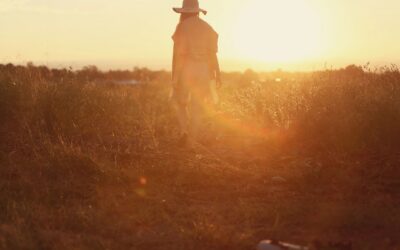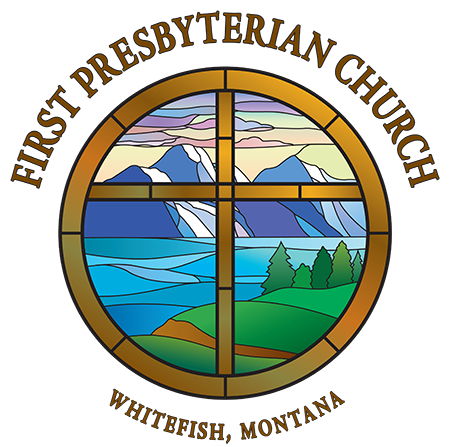Greetings Everyone
This Sunday we will be holding a Kirkin’ of the Tartans celebration just before the beginning of worship (9:45). In a lengthy article I wrote a few years back, I explain the history of this celebration as well as presented some challenges for us to consider. Please take a few minutes to read this article.
“Kirkin’ of the Tartans”
Its Origin and its Questions
This Sunday is Reformation Sunday, the Sunday on which we honor those founding parents of the Protestant Reformation. For anyone who wants to wear their family or clan (tartan) colors we will meet in the Fellowship Hall at 10:05, follow the bagpiper into the sanctuary at 10:15, and then sing Amazing Grace and celebrate the Reformation. All are welcome to participate. I am going to be wearing a kilt.
In terms of the Presbyterian heritage, our founders came primarily from Scotland and to a lesser degree Ireland. They were from the Calvinist movement of the Reformation. The Scott Presbyterians were known for being anti-Catholic (sorry catholic friends) and pro-freedom of religion. As with many things in that day and age religious and political movements were tightly wound together. Here is a brief history of what was going on between Scotland and England and how the tradition of “Kirkin’ of the Tartans” came to be.
The word for ‘church’ in Scotland is ‘kirk.’ The worship service known as a ‘Kirkin’ of the Tartans’ means the “bringing to church the tartan (each clan’s ‘plaid’ is actually called ‘tartan’). At one point in Scotland’s history, from 1746 to 1782, the wearing of tartan or any ‘plaid or stripped clothes” was against the law, because of the Jacobite Rebellion of 1745, led by ‘Bonnie Prince Charlie,’ came close to success. Kilts and other clothing made of tartan had to be destroyed or hidden. However, it was quite common for clan members to keep a small piece of their clan’s tartan, and to bring it secretly to the Kirk (church) so that it could be “blessed’ and prayed over. That piece of tartan symbolized the family and the community, and having it blessed and prayed over, was, in effect, praying for the family and the community in which it lived.
This tradition of blessing the tartans (in the broader sense symbols of the family) was resurrected by the Rev. Peter Marshall during World War II at the National Presbyterian Church in Washington, D.C. In reflecting on this tradition several questions come to my mind, questions it would do well to consider.
What are my family of origin issues?
Whether they be our genetic family, our national family, or our family of faith, all families have their issues…good and bad. Many professional counselors have made good livings helping people sort through those issues, define the good and the bad, and working to celebrate the good and resolve those elements that are not so good. We would all do well in considering our family of origin issues.
The Presbyterian Church family has its family issues as well. On the good side we inherited the passion for religious freedom founded in John Calvin and passed along to our ancestors through John Knox. Many of our forefathers and mothers were the theological and political underpinnings of the Revolutionary War. Of the 55 signatures on the Declaration of Independence the only minister was John Witherspoon, a Presbyterian. 11 of his students signed as well. Many Presbyterians are proud of this part of our family heritage.
However, Presbyterians can also be pretty stubborn about their faith. The key slogan of Presbyterianism has been “doing everything decently and in order” (1 Corinthians 14:40). Orderliness is good but the reason this directive was given in the Bible was because the Holy Spirit was doing so much in the life of those early Christians that the energy had to be harnessed. It seems for many that we have kept the harnessing but lost the working of the Holy Spirit in the church. It is a family of origin issue with which the denomination needs to deal.
As we celebrate our family of origin issues this Sunday, reflect on what you received, good and bad, from your family and how that affects your faith.
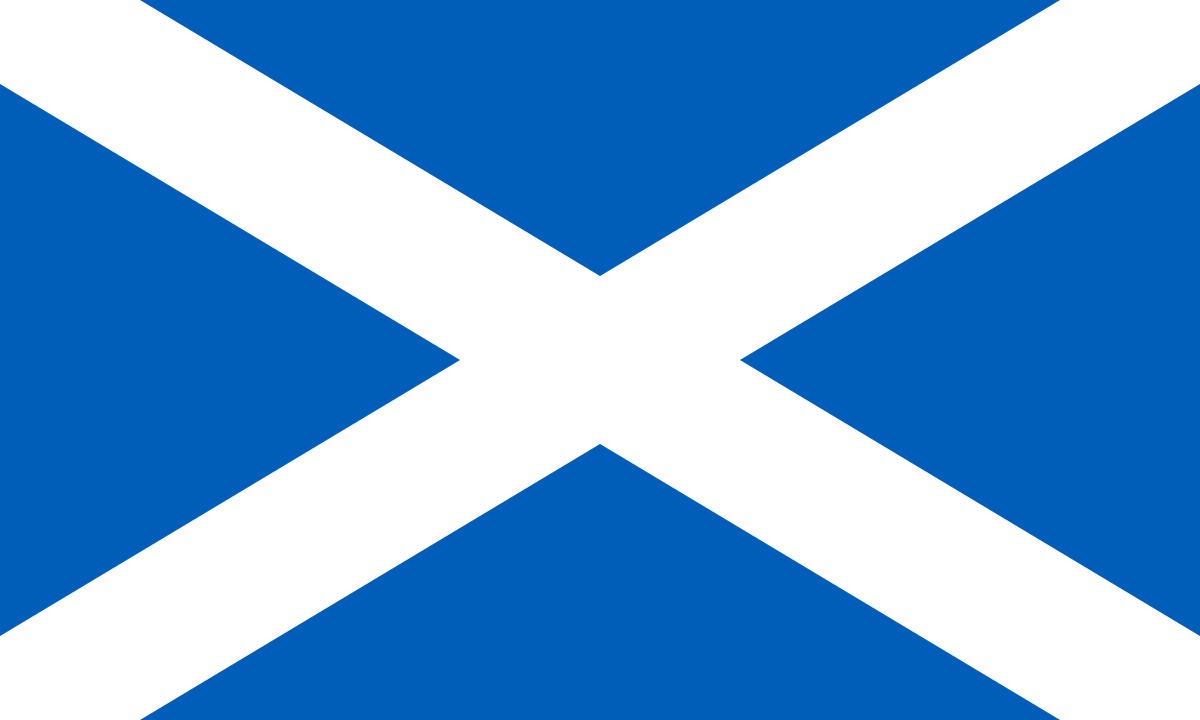
What are the things for which you would stand?
One of the things that I have learned from readings on the Protestant Reformation is that people stood up for what they believed, often at great cost. Martin Luther got excommunicated from the Catholic Church in which he was a priest because he believed in the priesthood of all believers (everyone can have direct access to God), having a right relationship with God (justification) because of the grace given me through Christ and not by achievement through my good works, and in freedom for everyone to read the scriptures. John Calvin lived in exile from his native France because of his desire for freedom of religion. His masterpiece, The Institutes of the Christian Religion, was his attempt to convince the king of France to grant religious freedom and allow him to move home from his adopted city of Geneva. John Knox from whom American Presbyterianism stemmed fought against Catholic religion and political dominance and for religious freedom. In these struggles many gave their lives because they believed in a specific way God desired people to live.
I often wonder if Christians in America today have any beliefs for which they would fight or even die. Has truth become so relative that it means nothing? Have the life, death and resurrection of Jesus Christ become so common place that we don’t care who defames them or attacks them? Has God become so trivialized that we think nothing when someone takes the name of the Lord in vain? Has God become so distant that we don’t spend any time thinking of God during the day to say nothing of making time to be with the rest of God’s family on the weekend?
What are the things in which you believe? Do you have any belief for which you would give your life?
If I was arrested for being a Christian…?
Here is a final thought to consider at this time of year when we reflect on the Reformation. Sometimes people blur the line between religion and politics. I believe this happened during the Protestant Reformation. It has also happened in Ireland between the Catholics and Protestants, in the Balkans between the Muslims and Christians, in Iran and Iraq between the Sunnis and the Shiites, and many more places on this planet. What a tragic commentary on the love of neighbor which is supposed to be at the heart of all religions.
I remember a play that young people in my youth group performed when I was at Fremont Presbyterian in Sacrament, California. It was about a person who was put on trial for being a Christian. The defense attorney argued for acquittal and the prosecutor mobilized the offense for conviction. The people in the audience were the jury. The lawyers presented their case and the play ended with no verdict but a deep question: “If you were brought to trial for being a Christian, would there be enough evidence to convict you?” Here these words of Jesus:
Matthew 7:15-20 (NIV) 15 “Watch out for false prophets. They come to you in sheep’s clothing, but inwardly they are ferocious wolves. 16 By their fruit you will recognize them. Do people pick grapes from thorn bushes, or figs from thistles? 17 Likewise every good tree bears good fruit, but a bad tree bears bad fruit. 18 A good tree cannot bear bad fruit, and a bad tree cannot bear good fruit. 19 Every tree that does not bear good fruit is cut down and thrown into the fire. 20 Thus, by their fruit you will recognize them.
We know each other by our athletic teams, our professions, our hobbies, our kids… Would anyone who knows you identify you as a Christian because of the fruit in your life?
The Protestant Reformation was a time of defining and defending what Christians believe. People did so with great passion and at great cost. May the passion be ours as well even as we live in a society where the cost (at this point in time) appears minimal.
Pastor Paul
News & Events
Sunday, October 29th:
9:00 a.m. Bible Study in the Chapel, Acts 18
Monday, October 30th:
5:30 p.m. Handbell Practice
7:00 p.m. Choir Practice
Tuesday, October 31st:
7:00 a.m. Men’s Bible Study and Breakfast
Wednesday, November 1st:
10:00 a.m. L.A.M.B.S. will meet in Fellowship Hall
Thursday, November 2nd:
10:00 a.m. Bible Babes will meet in Fellowship Hall.
Sunday, November 19th:
Harvest Dinner following worship service. See below for details.
Check out the Events Calendar for more upcoming events.
Prayers for the Life of My Church
Over the next several weeks our congregation will be receiving a prayer during worship service with the idea that we will all be praying for the same thing on the same day. This Sunday you will be given our first prayer with a ring attached. As we work our way through the next several weeks, we will be adding prayers to our rings. If you would like the prayers via email or snail mail, please contact the church office.
(406)862-2802
info@fpcwhitefish.org
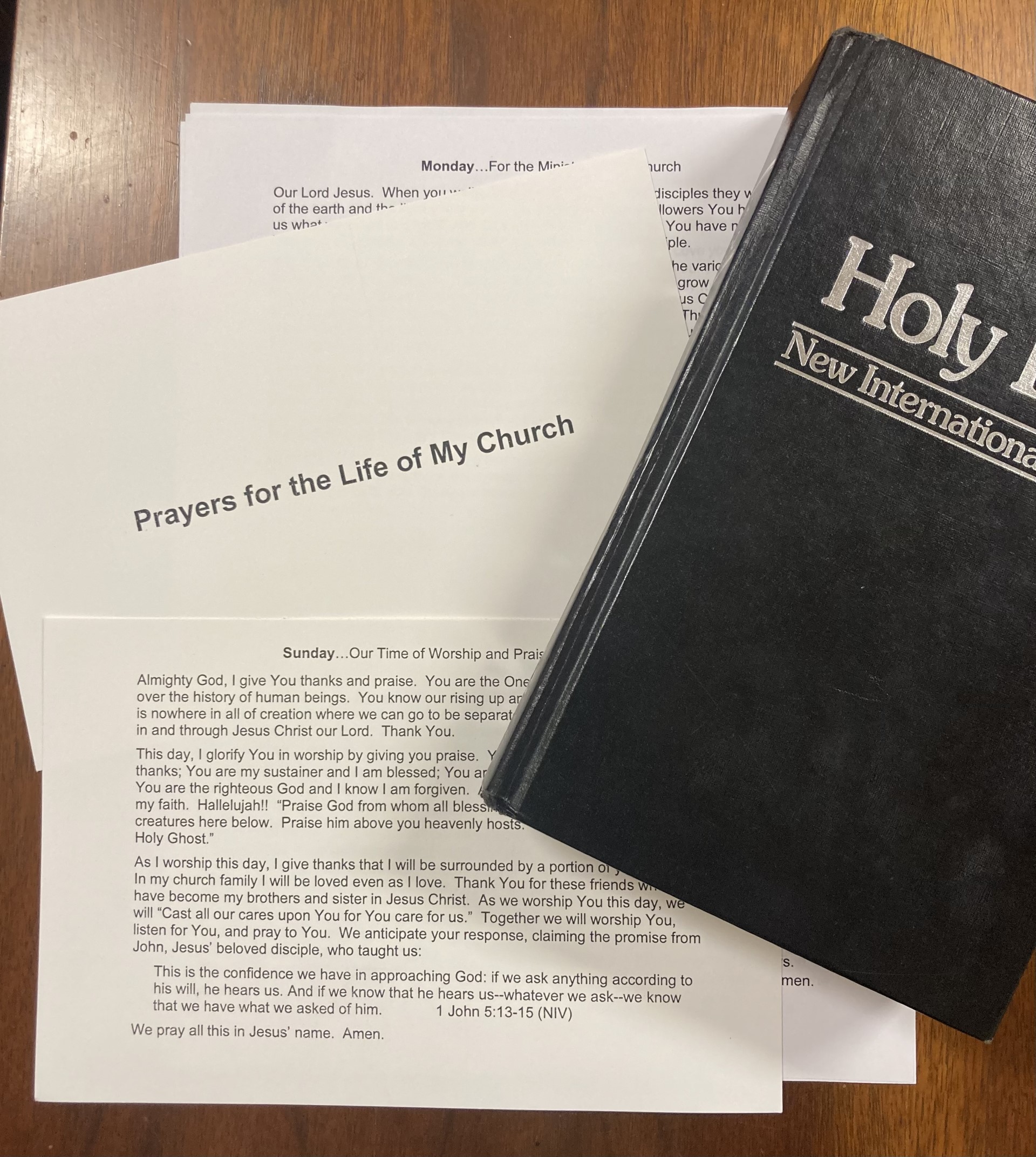
Trick-or-Treat Street will be here soon!
FPC will be participating in Whitefish’s Trick-or-Treat Street again this year. Please consider bringing a bag of candy into the office to donate to this fun children’s event. Volunteers will be needed to pass out candy. There is a signup sheet in Fellowship Hall or contact the church office for more information.

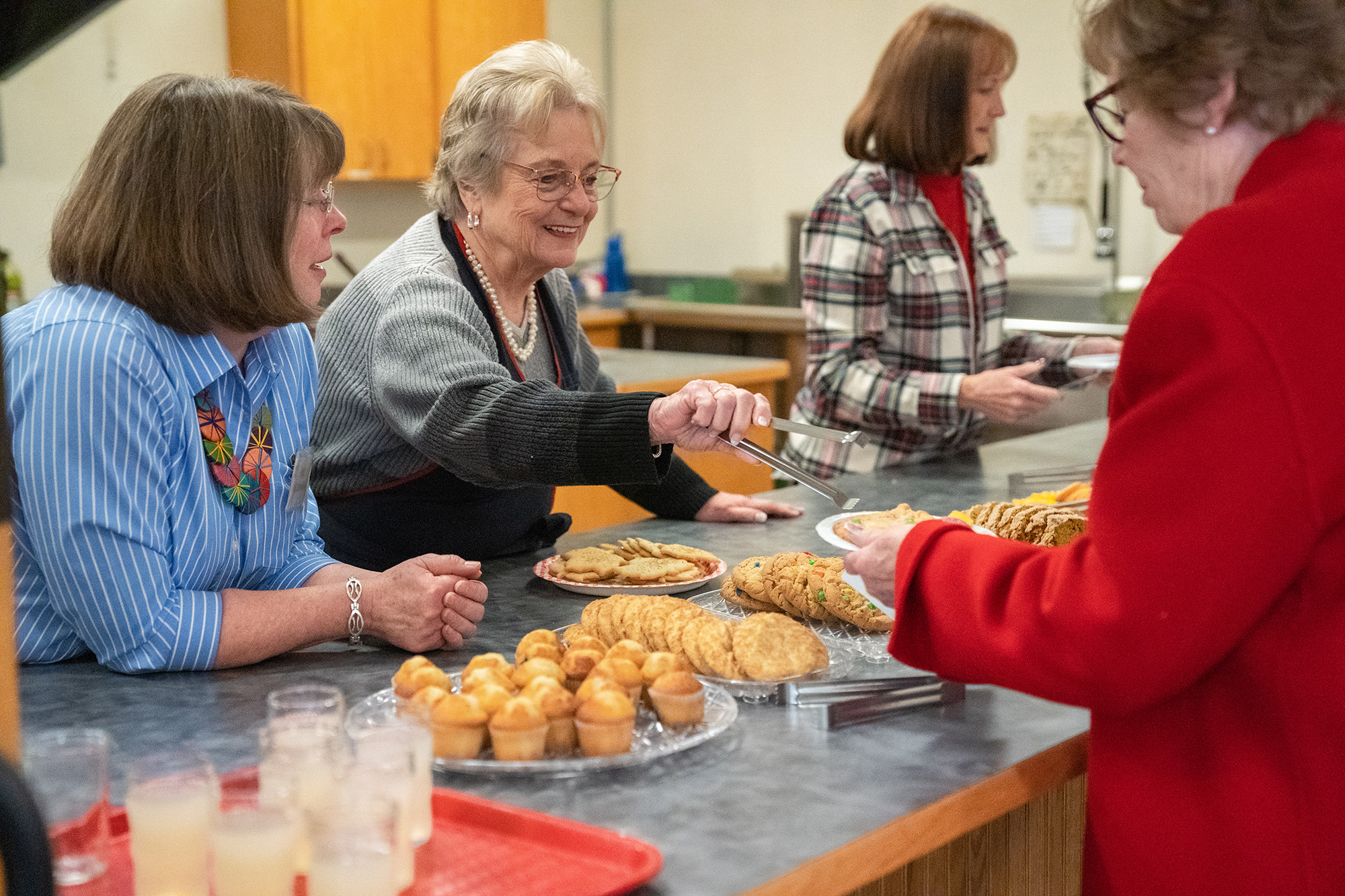
Harvest Dinner
The Fellowship Committee will be hosting a Harvest Dinner immediately following our church service Sunday, November 19th in Fellowship Hall. Your committee is providing an entree of turkey and smoked ham and is asking the congregation to bring side dishes such as dressing, gravy, bean casseroles, sweet potatoes, potato salads, etc. to compliment a Thanksgiving dinner with desserts. Please come with an appetite and let’s celebrate what we all should be thankful for.

